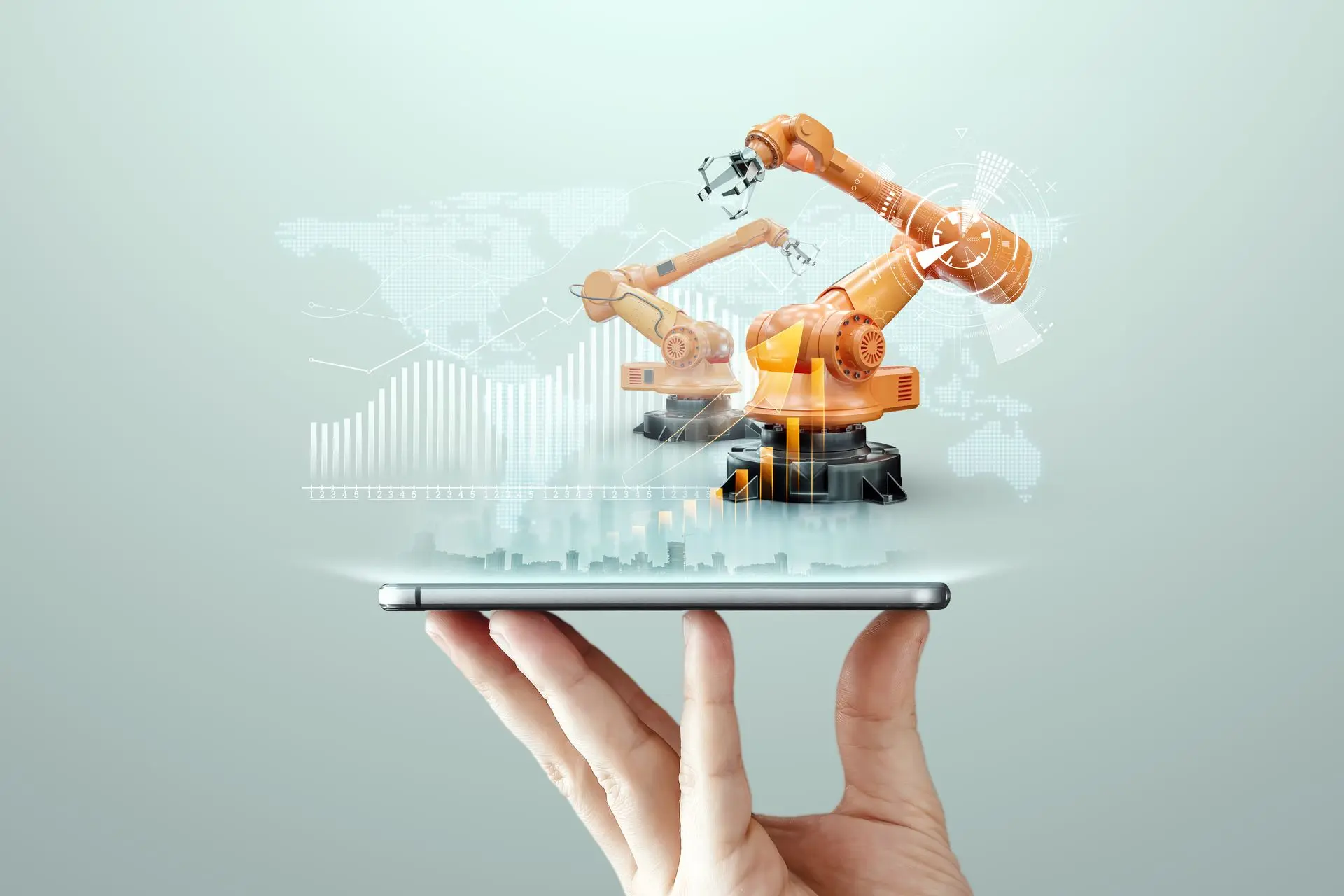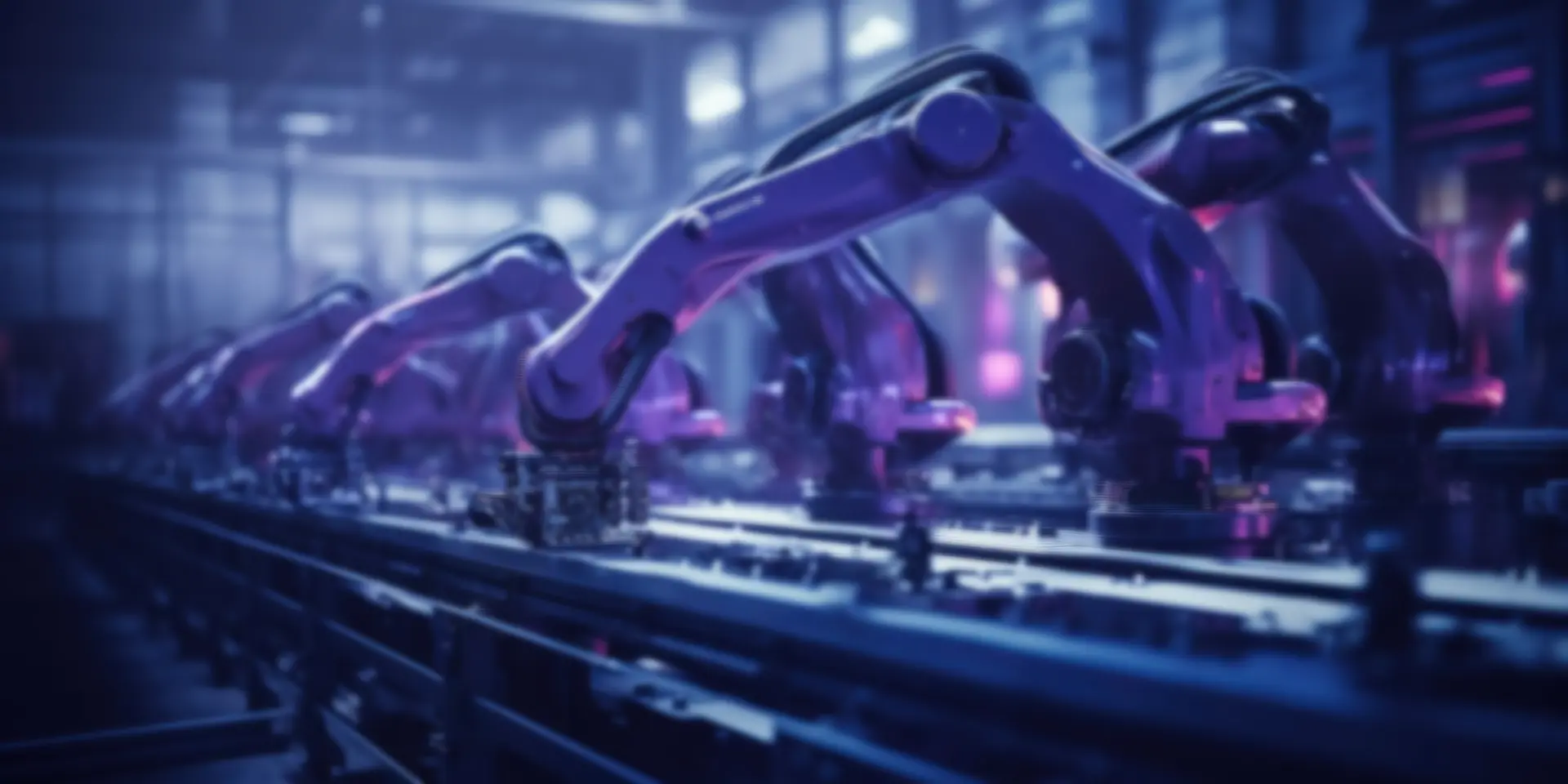The Role of IoT in Industry 4.0
The Internet of Things (IoT) enables machines, devices, and systems to exchange data with one another. IoT sensors continuously collect information from the production environment – from temperature and humidity to machine vibrations. This real-time data forms the basis for informed decisions and optimizations. The ability to capture and analyze large amounts of production data in real-time is crucial for quickly responding to changes and increasing production efficiency.
With IoT technologies, companies can monitor and adjust their processes in detail to use resources more efficiently and reduce energy waste. For example, energy consumption can be analyzed to avoid peak times or to automatically switch off unnecessary machines into energy-saving mode. This significantly helps to minimize environmental impact and reduce the ecological footprint of production. IoT also enables real-time adjustments to production conditions to ensure optimal manufacturing conditions, leading to higher product quality.
Furthermore, the IoT plays an important role in the traceability of products and the optimization of the supply chain. Thanks to the networking of production facilities and inventory, companies can monitor the entire supply chain in real-time and identify potential bottlenecks or delays early on. This leads to greater transparency and allows for more precise control of logistics processes. Real-time monitoring of production not only provides operational advantages but also helps to increase customer satisfaction, as deliveries become more timely and reliable.
Sustainable Transformation through AI and IoT
The combination of AI and IoT enables more sustainable production. On one hand, improved efficiency reduces resource consumption – less energy, fewer raw materials, and less waste mean lower CO2 emissions. On the other hand, intelligent networking supports a circular economy, where materials and products remain in the usage cycle for as long as possible. The use of these technologies also allows for better traceability of materials, thereby reducing waste and promoting the reuse of resources.
Moreover, intelligent data analysis allows for the identification of optimization potentials along the entire value chain. This enables supply chains to be designed more transparently and bottlenecks or inefficient processes to be eliminated. Sustainability thus becomes an integral part of the corporate strategy, which is not only good for the environment but also increases the attractiveness of the company for investors and customers. Optimizing production not only has ecological benefits but also leads to significant cost savings that positively impact the company's competitiveness.
Furthermore, the combination of AI and IoT enables personalized production that flexibly adapts to customer needs without wasting additional resources. By utilizing these technologies, production cycles can be shortened while minimizing environmental impacts. This creates a sustainable value chain that combines ecological and economic benefits..
Work with us. With Nelpx, is IT Procurement as well as the Procurement of new Technologies a easy way.

